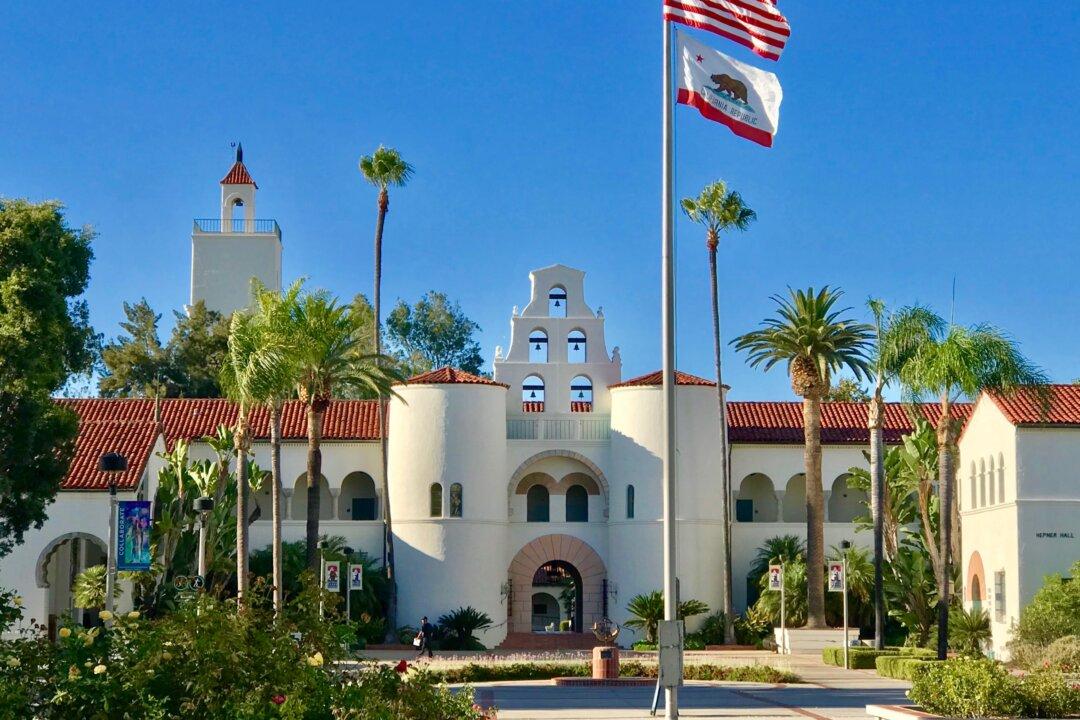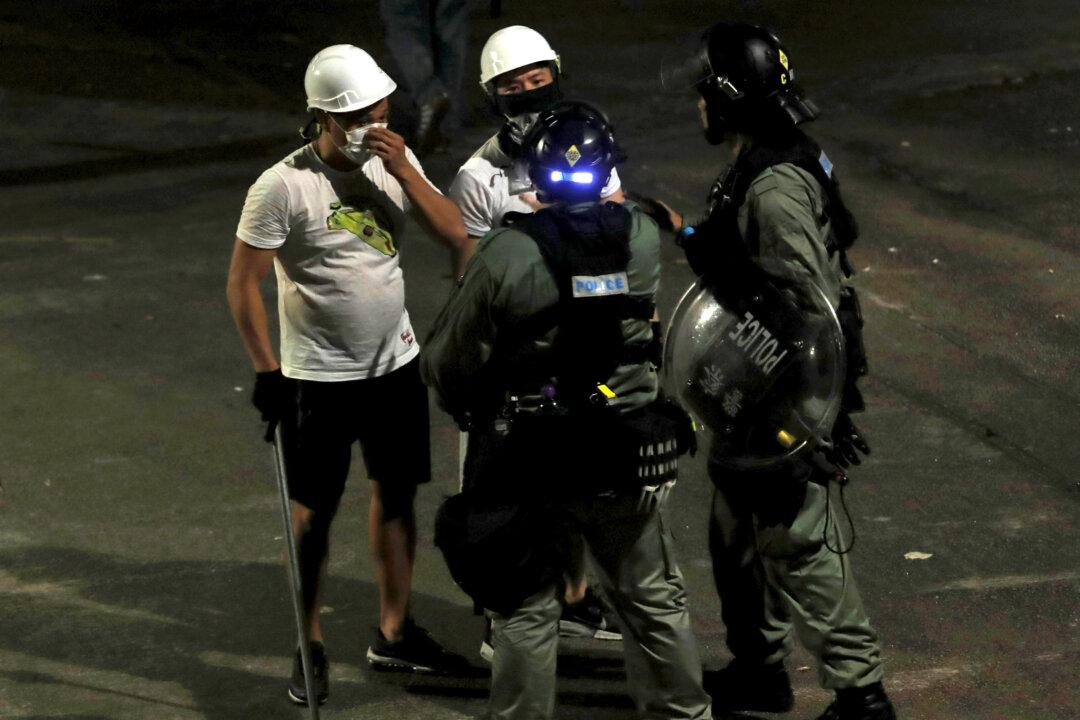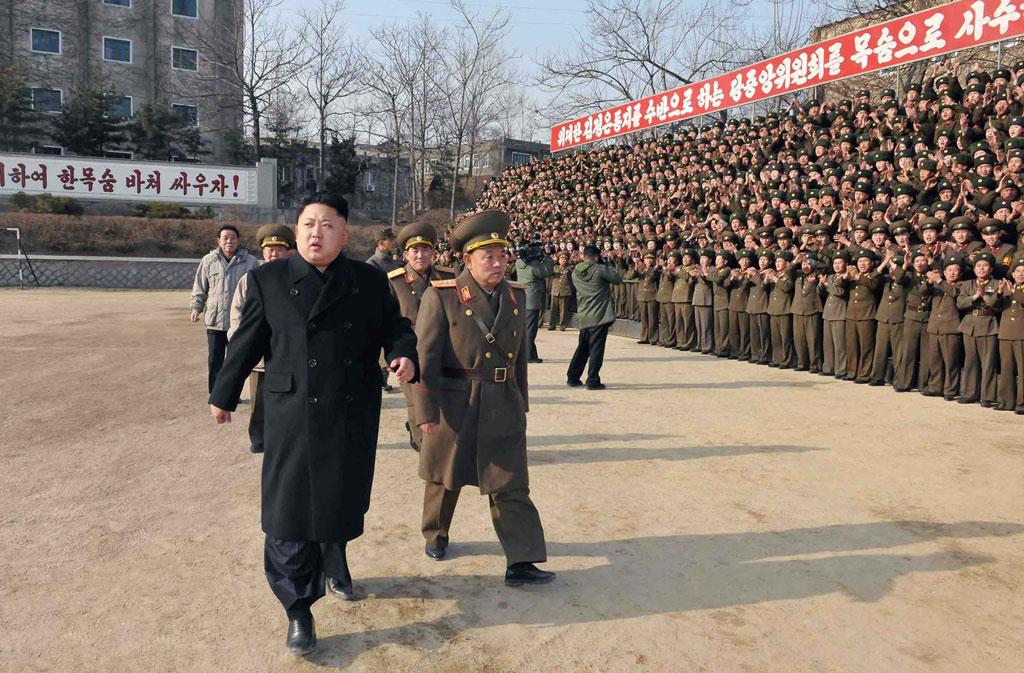SAN DIEGO, Calif.—What once was a vacant lot in a barren neighborhood in the City Heights section of San Diego has been transformed into a thriving community farm that promotes sustainable agriculture and helps the many refugees from all over the world who have been settled here to find friendship and common purpose.
The “New Roots” Community Farm near 54th Avenue & Chollas Parkway, developed by the refugee aid group, The International Rescue Committee (IRC), celebrated its official opening day on Thursday, September 10 and invited the community to meet the farmers and the IRC aid workers who made it happen.
San Diego Community Farm Helps Immigrants Feel at Home
Barren neighborhood in the City Heights section of San Diego has been transformed into a thriving community farm.
Mue Mue (right) and her husband Nyan Tint, refugees from Burma, show off their garden to visitors. Gisela Sommer / The Epoch Times
|Updated:



